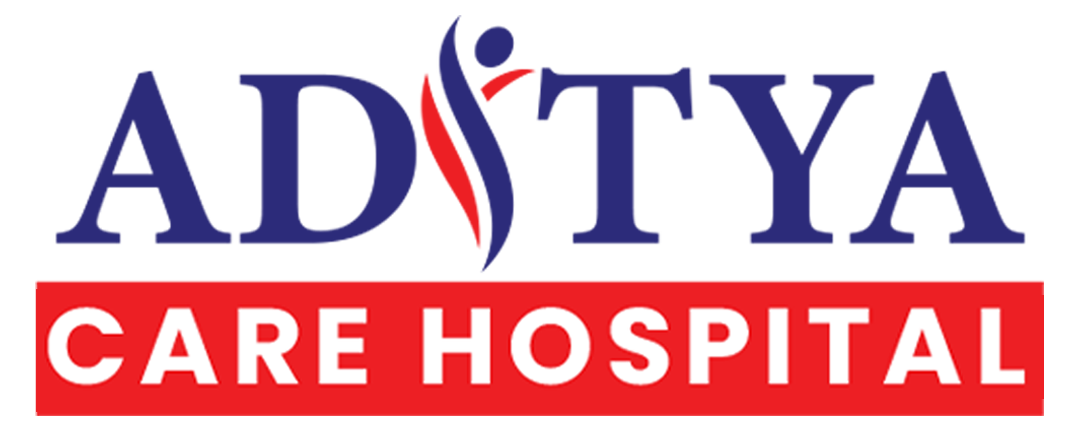Acid reflux, commonly known as heartburn, occurs when stomach acid flows back into the esophagus. This can cause discomfort, irritation, and a burning sensation in the chest. When acid reflux becomes frequent or chronic, it is referred to as Gastroesophageal Reflux Disease (GERD). Understanding the causes, symptoms, and treatment options can help manage this condition effectively.
What Causes Acid Reflux?
Acid reflux occurs when the lower esophageal sphincter (LES) – the muscle that keeps stomach acid from moving up – weakens or relaxes abnormally. Several factors can contribute to this condition:
1. Diet and Eating Habits
Certain foods and drinks can trigger acid reflux, including:
- Spicy, fried, or fatty foods
- Citrus fruits and tomatoes
- Caffeinated drinks like coffee and tea
- Carbonated beverages and alcohol
- Chocolate and mint
Additionally, overeating or eating late at night can worsen acid reflux symptoms.
2. Excess Weight and Obesity
Carrying extra weight puts pressure on the stomach, forcing acid to move into the esophagus.
3. Hiatal Hernia
This occurs when a part of the stomach moves up into the chest through the diaphragm, making it easier for acid to escape.
4. Smoking and Alcohol Consumption
Both weaken the lower esophageal sphincter (LES), increasing the risk of acid reflux.
5. Pregnancy
Hormonal changes and increased abdominal pressure can lead to acid reflux, especially in the later stages of pregnancy.
6. Medications That Can Trigger Acid Reflux
Some prescription and over-the-counter drugs may contribute to acid reflux, including:
- NSAIDs (Ibuprofen, Aspirin)
- Calcium channel blockers (used for high blood pressure)
- Certain antidepressants
Common Symptoms of Acid Reflux
Acid reflux can cause a range of uncomfortable symptoms, including:
- Heartburn – A burning sensation in the chest, especially after eating
- Regurgitation – Sour-tasting acid or food coming back into the throat
- Difficulty Swallowing – Feeling of food being stuck in the throat
- Chronic Cough or Sore Throat – Often mistaken for a respiratory issue
- Bloating and Excessive Burping


How to Treat Acid Reflux
The good news is that acid reflux can often be managed with lifestyle changes, medications, and, in severe cases, surgery.
1. Lifestyle and Dietary Changes
- Eat smaller, more frequent meals instead of large ones
- Avoid lying down immediately after eating
- Maintain a healthy weight to reduce pressure on the stomach
- Avoid known trigger foods such as spicy, acidic, and fried foods
- Elevate your head while sleeping to prevent acid from rising
2. Medications for Acid Reflux
Several over-the-counter and prescription medications can help:
- Antacids (Tums, Rolaids) – Provide quick relief by neutralizing stomach acid
- H2 Blockers (Ranitidine, Famotidine) – Reduce acid production in the stomach
- Proton Pump Inhibitors (PPIs) (Omeprazole, Lansoprazole) – Stronger acid reducers for long-term relief
3. Surgical Treatments for Severe Cases
If lifestyle changes and medications do not provide relief, doctors may recommend surgery:
- Fundoplication – A procedure that strengthens the LES to prevent acid reflux
- LINX Device – A ring of magnetic beads placed around the LES to prevent acid from moving up
Final Thoughts
Acid reflux is a common condition, but it doesn’t have to disrupt your daily life. By making smart dietary choices, maintaining a healthy lifestyle, and using the right treatments, you can keep acid reflux under control and prevent complications. If symptoms persist despite treatment, consulting a doctor is essential to rule out underlying health issues.

